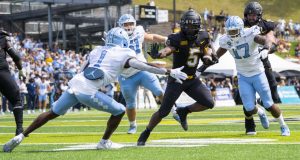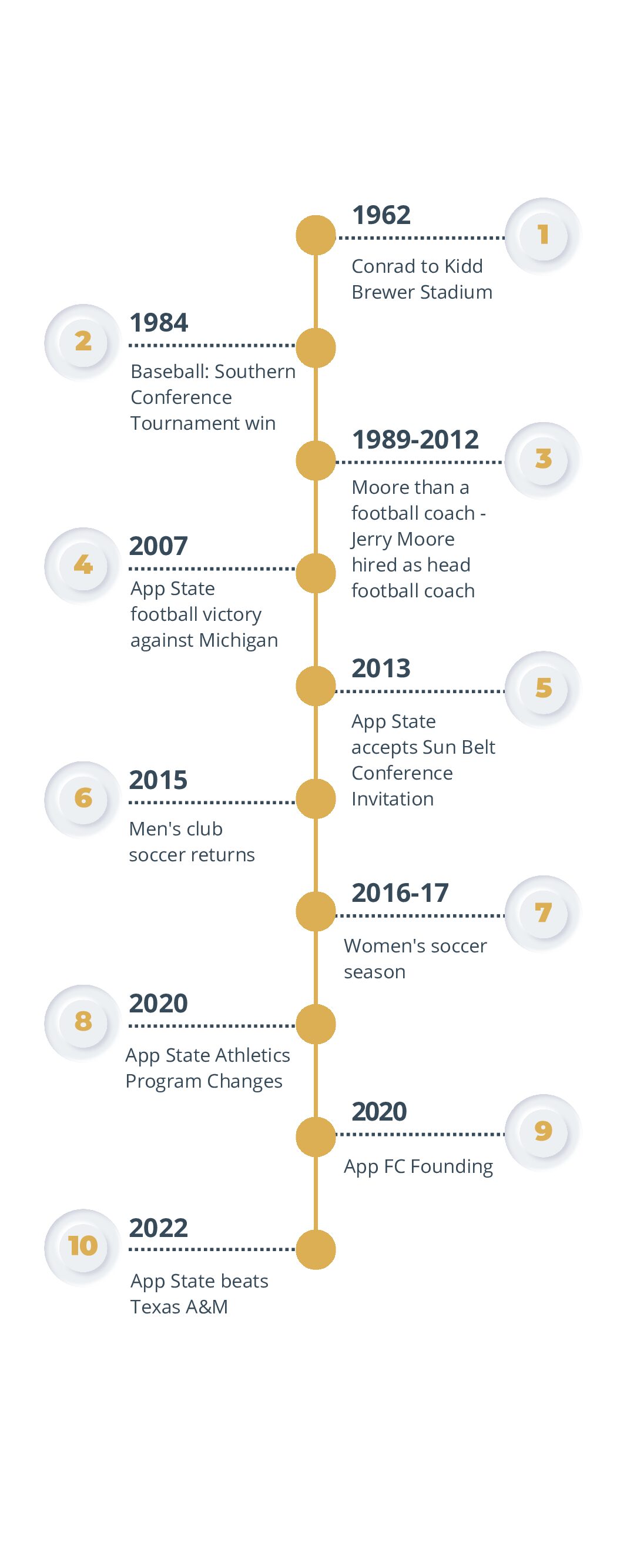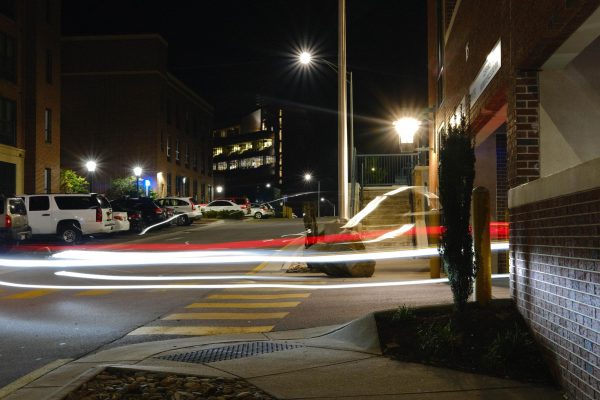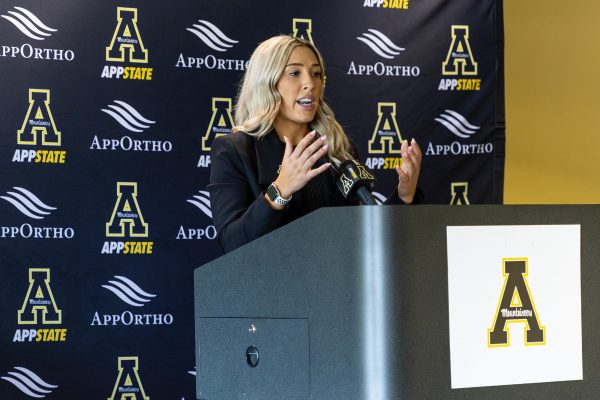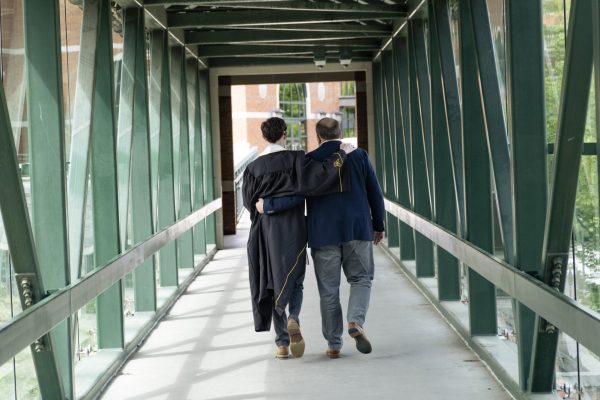The U.N. Intergovernmental Panel on Climate Change addressed policymakers and business leaders Sunday and stated that more must be done to address and prepare for the effects of climate change, according to the Washington Post.
Some of the world’s leading experts on the issue of climate change have told the most prominent and influential world leaders what we need to do to face an issue widely accepted in the scientific community. But more than likely, we as a nation will continue to play with this idea that there’s still a debate on climate change and that we need to keep weighing our options.
After all, we want to make sure the climate change skeptics and down players have a fair say in the media.
Well we’ve tried that, and it doesn’t really work out well for the general public’s benefit.
Let’s look at a not-so-far-off situation in the media. MSNBC’s “Meet the Press” host David Gregory invited two guests on his show in February to debate climate change – and I use the word debate loosely.
Were they climate scientists, experts in the field or authors of peer-reviewed studies on the conditions and implications of climate change?
Nope. In fact, the two people Gregory invited onto his show, who have little climate change expertise, were Bill Nye The Science Guy and Republican Congresswoman Marsha Blackburn, a climate change skeptic.
Why are we giving two people like this the airtime to talk about something neither one is highly qualified for? And if we’re just talking quantity of airtime, not quality, Sunday shows in the entire year of 2013 only devoted 27 minutes of combined coverage to climate change, according to a report from Media Matters.
Brian Stelter from CNN’s Reliable Sources responded to Gregory’s dismal climate segment and summed up the problem perfectly.
“Some stories don’t have two sides,” Stelter said on his show. “Some stories are simply true. There’s no necessity to give equal time to the quote-unquote ‘other side.’ One of these is climate change.”
It would be fair to argue that some discussions on climate change deserve the skeptic’s point of view, but when it’s a settled argument in the scientific community, who are you going to bring on, more politicians and entertainers? I’ll pass.
In the same report by Media Matters, it was found that only 14 percent of the guests on Sunday shows in 2013 to talk about climate change were scientists. A depressing 29 percent were politicians to talk ideology rather than share expertise.
I hope 2014 will begin to usher in more reports, and eventually Sunday news shows, with experts found in the earlier mentioned Washington Post article and fewer people such as Nye and Blackburn.
Michael Bragg, a senior journalism and public relations major from Lillington, is the editor-in-chief.




